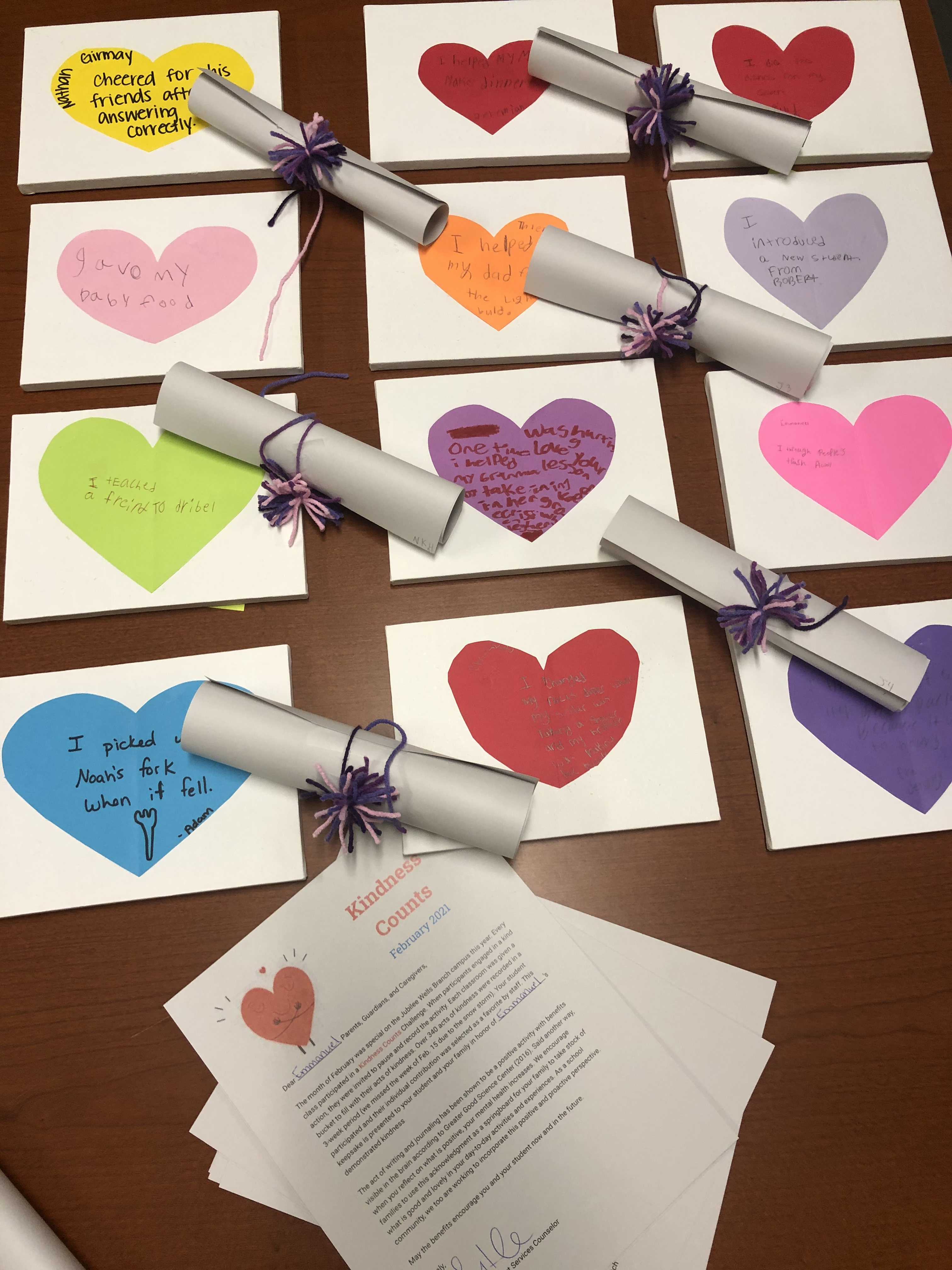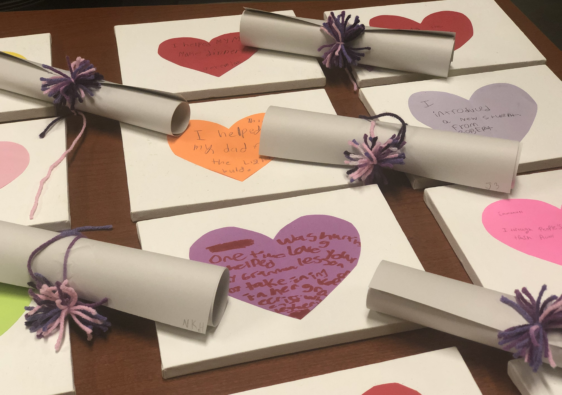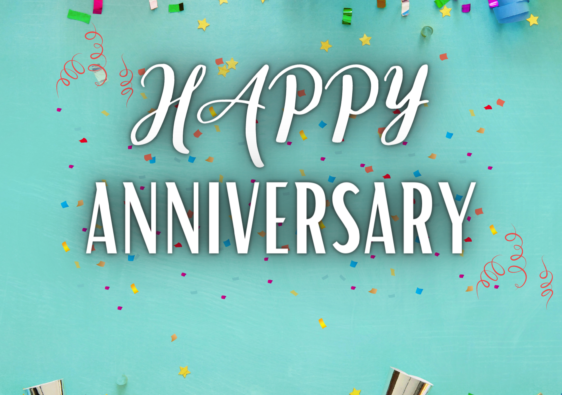Saying Goodbye
written by Jennifer Lytle
Admittedly, the majority of goodbyes can invoke painful memories and emotions. For the average individual, transitions, change, and goodbyes, are uncomfortable. Emotional maturity when breaking-up, walking away, or otherwise saying goodbye, is a gift to oneself and others. Adiós is a skill. One needs modeling of good goodbyes and practice at goodbye with grace. One might speculate the examples, modeling, and practice are rare. While it might not be possible to control when an unexpected adieu occurs, it is certainly possible to prepare for the inevitability. These five steps to saying ciao can help in times of undoubted future transition.
1.) The Present in Presence
Respective definitions for anxiety and depression have been simplified in informal settings to-fear of the future and regret of the past. Presence of mind may be considered mindfulness by some. We avoid using the term due to the connection between mindfulness, spirituality, and meditation. Christians have Biblical grounds in setting their thoughts and mind to “shine with the glory of God” through devotion and consideration of Christ (please see Romans 12:2.) For this reason, I emphasize what it is versus what we call it. Keeping one’s attention and thoughts on the present moment aids in an experience that can be enjoyed, appreciated, and engaged in. This proclivity in life can aid in inevitable seasons of separation and departure due to fewer regrets or diminished perception that some portion was missed.
2.) The Practice of Gratitude
Have you ever taken a piece of artwork and put it in a new frame? The right frame and matting can do wonders to emphasize and spotlight art. It is similar to our thoughts or manner of viewing ideas. Building a gratitude journal is one way of teaching the brain to “reframe” as a habit. When counseling, I encourage every new client to practice gratitude through the habit of journaling each day. Even a single word every day, a reflection point of something good in the previous 24 hours, is considered journaling for this exercise. Gratitude can be elaborate in hand-written letters or simple with a purposeful inner pause and pontification. The reason I emphasize the practice of putting pen to paper with my clients is so they can tap into the rich power of reframing. Whether termed mindset, memory muscle, or worldview, these are not permanent. Individuals have the power to shape their outlook and reflecting on beauty, good, and joy helps individuals out of the rut of toxic thinking. The practice of gratitude aids with a goodbye because the individual with such skill and habit is already able to shift their perspective to view that which is lovely. Instead of focusing on the darkness or morbidity in goodbyes, a present individual may have more ability to be with the emotions of sadness or fear without shifting away from them. This gives them their place and allows the emotions permission to pass. In short, be thankful and give thanks (please see Psalm 107:1-3 and Thessalonians 5:16-18.)
3.) Memory Makers
When I work with parents on strengthening the parent-child relationship, one [fun, in my opinion] exercise we walk through is making memories. Purposefully embracing opportunities to record, replay and relieve memorable moments can be magical for a parent’s relationship with children and teens. This method can be adjusted to suit the needs of an individual who is saying goodbye. Here are just a few ideas to get you started:
- photo album
- displayed momentum
- framed memorabilia
- annual activities
- stuffies from a shared adventure
Say goodbye with a conversation or solo moment of reflection centered around revisiting memories of the situation, relationship, or stage of life that is concluding.
4.) Formal Letter of Resignation
Write out your goodbye for especially difficult or painful relationships. This can be used to communicate the goodbye or to process it alone. The research underscores the psychological value of writing. This exercise can be done in varied formats, including:
- bullet journal
- record a timeline
- create a collage
- an old-fashioned handwritten letter
- parting ways with memorabilia
5.) Marie Kondo Your Space
The benefits of decluttering go beyond the garage. There are mental benefits to clearing one’s environment. When a relationship ends, diligently remove reminders that no longer serve you. If necessary, ask for support from a trusted friend. You may find that you do not need to give details about what or why you are purging, but asking for help to declutter may give you the courage to complete the task. (If you need help with a script to preserve your need for privacy, you might want to try your version of the following statement. “I need help right now. I’m not ready to talk about what happened yet, but it would mean so much to me if you could just be with me while I clear out my space. Can you come over (Saturday)? I’ll buy pizza.” Rearranging furniture is one small step that could be more manageable than decluttering an entire home.
Whether you say bye-bye, Godspeed, auf Wiedersehen, cheerio, or mic drop, these five ideas may help pre- and post-goodbye. To need support in a transitional phase is typical for most individuals and sometimes families. It is hard to break ties with someone (and even places) that have significant memories and have held portions of a lifetime. Professional counseling incorporates an added layer of support in difficult periods. The counselors at Joyful Journeys Counseling are experienced with supporting individuals and families through times of unexpected change. Change can be tricky! You do not have to navigate it alone.
Schedule a free consultation today and discover how we can support you in saying goodbye well.




